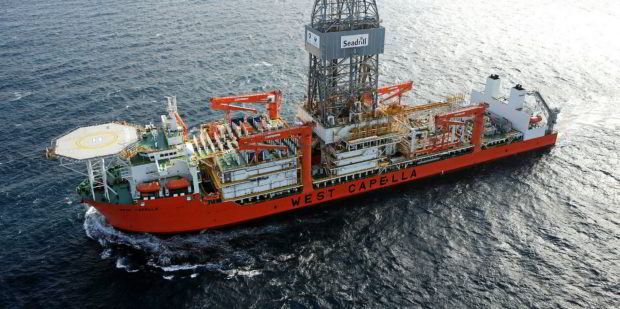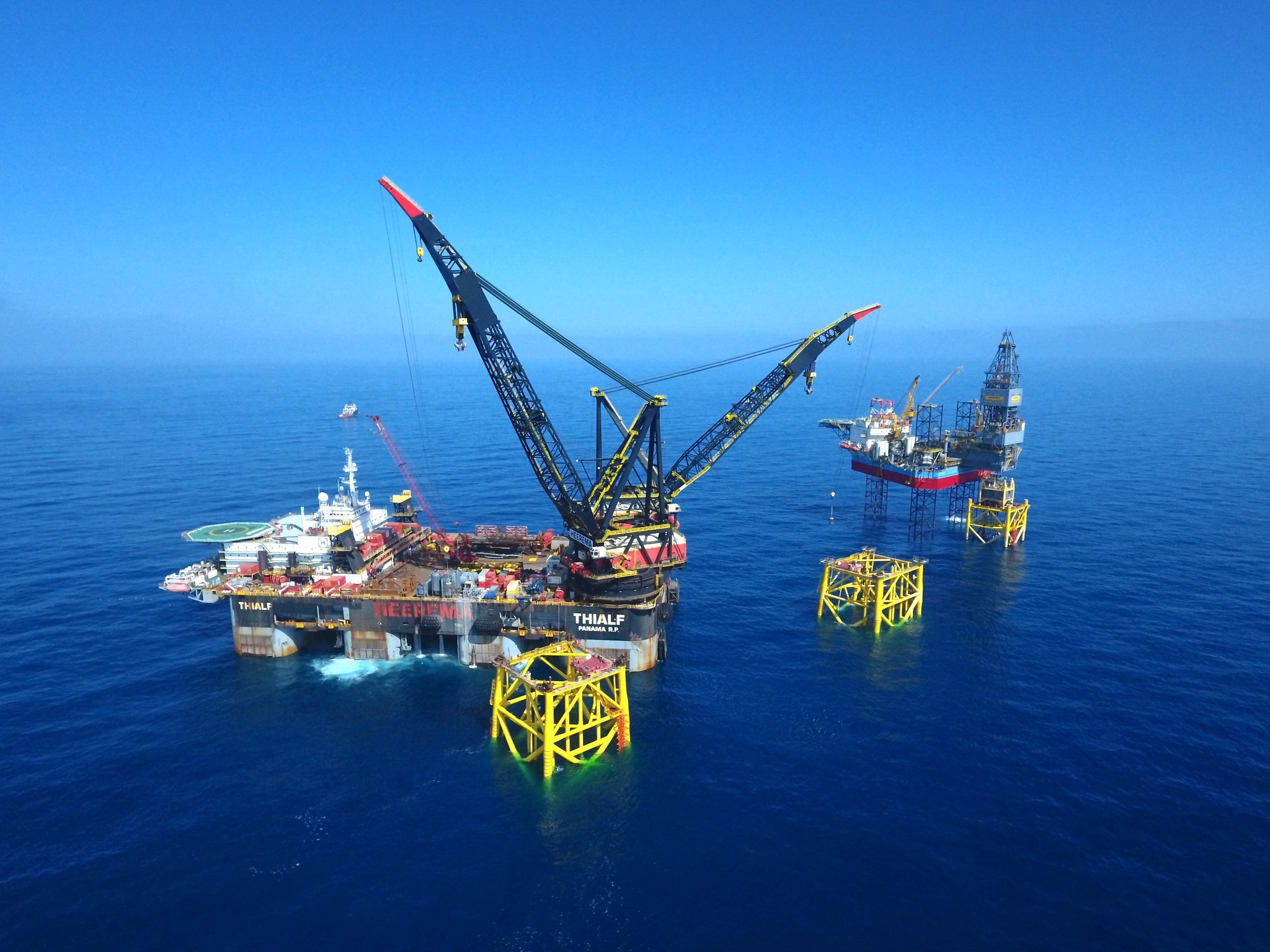
Innovation will be increasingly important to companies trying to do deals in the North Sea once prices start to rebound, CMS’ managing partner in Aberdeen, Norman Wisely, has said.
For now, mergers and acquisitions are in limbo. “A deal needs an agreement on how things will be in the future. We’re not seeing that,” Wisely said. Those deals that have been signed may well face disputes as companies try to renegotiate prices – or perhaps even opt to pull out of transactions.
While the impact of coronavirus alone will probably be insufficient to trigger a material adverse change clause, there is an awareness that some buyers may just not be able to complete on agreed terms.
“Does the buyer have the money? Is it worth the pain of a court process for a seller to pursue a buyer? There is a wider commercial realism that is driving parties to try to renegotiate,” he said.
While there have been improvements in the oil price, some companies will be in trouble. Wisely said November of this year might see problems emerging as hedging at pre-coronavirus prices runs out and provision of security for decommissioning comes due.
“As oil prices rise, we will see an M&A increase, partly as a result of distress on the part of sellers, but there are also opportunities for innovation. The oil and gas world has proved able to meet the challenges and the industry will emerge stronger and leaner,” Wisely said.
Instances of innovation cited by the CMS partner included sellers keeping some, or all, decommissioning liability or lending money to buyers, to be repaid out of future profits.
“The buyers list is probably not very long at the moment,” Wisely continued. “Over the last five years the majors have sought to reduce their interests in the older parts of the North Sea and shift focus to the West of Shetlands. Private equity has been coming in, as has money from the Middle East and Asia.”
The majors will have to work harder to sell assets “for anything like book values but an innovative approach should see some transactions in 2021”.
Planning for change
While capital expenditure plans have been cut by virtually all companies in the oil and gas sector, the percentage share of investments from majors in renewables has not wavered, Wisely said. “The word on the street is that is still driven by the focus on the UK government’s net zero target by 2050.”
“Any of those companies – BP, Shell, Equinor and Total – will have to meet that energy transition target. There’s a chance to do something pretty innovative at this moment and this will be on the agenda,” he said. “The next level, the independents, they are more focused on survival and looking after their cash.”
The oil price crash is dominating the headlines, and industry thinking for now, but underlying this remains the question of how companies intend to position themselves for the medium and longer term, when oil is a smaller part of the energy mix.
When faced with this challenge, companies have two options, “to return capital to shareholders or become broader and more diversified”.






